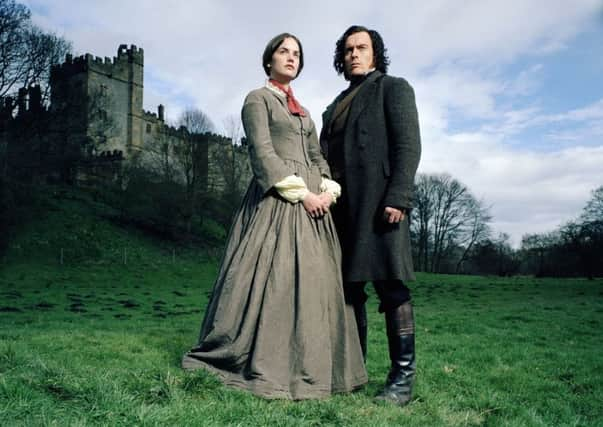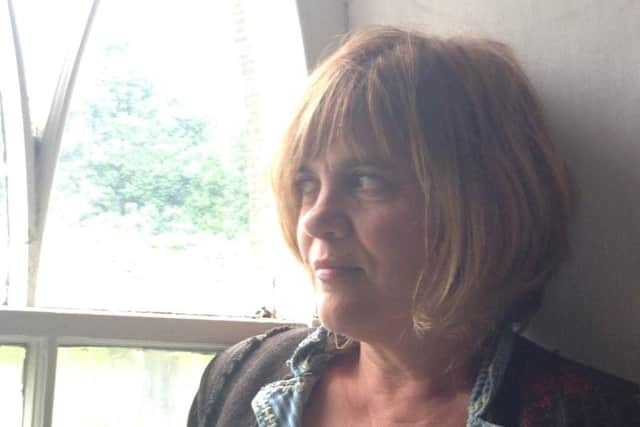The woman behind a sci-fi version of Villette on why it's ok to tamper with the Bronte classics


Villette was penned by Charlotte Brontë in 1853. It’s set in that same period and is widely regarded as her other masterpiece. Like Jane Eyre it’s a story about loneliness, yearning and the redemptive power of love. My stage adaptation is about those themes too, but instead of the 19th century this production of that ground-breaking novel will be set in a ravaged near future.
There will always be some who believe these classics of English literature should never be tampered with, but there is I think good reason for fast-forwarding the action a couple of hundred years. In the novel so much is withheld and Lucy Snowe is perhaps Charlotte Brontë’s most enigmatic heroine. On stage I needed to find a way to show what is hidden in the novel.
Advertisement
Hide AdAdvertisement
Hide AdAlone and almost destitute, Lucy travels to Brussels in search of employment. She finds a job in a school in the imagined town of Villette. Surrounded by an intriguing cast of characters Villette is at first a story of watching, of being watched. It’s also a story of hidden depths.


Lucy, unconventionally for a Victorian heroine, is plain and undesirable with no misconceptions of who or what she is. Yet inside her is this incredible force; fierce and poetic which rails against this life she is forced into as a unmarried, invisible woman. This is the beating heart of the novel and as I found I couldn’t go anywhere without the old beat-up 1950s version of Villette, I knew her story demanded to be told.
Charlotte was writing falteringly after the death of both her sisters Emily and Anne. Somehow their presence although never acknowledged haunts Villette. Lucy’s backstory is never explored (she was advised not to include it as it may be too autobiographical) but we know she longs for those unnamed others.
This was my starting place. What if I allowed that back-story into the novel? What if those two sisters were allowed to raise their heads in the play?
Advertisement
Hide AdAdvertisement
Hide AdThen I began thinking about who the invisible woman is now? Or in the future. Who would be that workforce that did the jobs no-one wanted to do, who were easily disposable? I began thinking of clones created like worker-ants, identical and made purely to work. What if Lucy was a single clone surviving a pandemic that had killed her identical sisters?


Holding fast to the story and characters I moved the setting of Villette onto an archaeological dig in the future. Lucy attempts to flee her past to become part of team looking for the bones of the Lady of Villette – a survivor herself she may hold the key to an ebola-like virus.
This creates a stage for all the other wonderful characters in the novel and allowed me to reimagine some of those huge set-pieces. This hill of bones creates the gothic atmosphere of the original and hopefully invokes some moments of terror!
Villette can be very funny, it’s full of spikey, brilliantly uncompromising people, characters so beautifully drawn they step out of the page. Brontë never shies from the hard truths and I love her for that. She’s so brave, she takes chances and she tells it as it is, she makes the way for all us woman writers to not hide, to let loose our own stories.
Advertisement
Hide AdAdvertisement
Hide AdSo Villette a re-imagining for the stage attempts to be as brave, to run with a narrative so raw and beautiful and yet speak back to our own time about how those different from us might live, survive and ultimately love. Charlotte’s novel is a classic love story so close to Jane Eyre, but somehow with the experience of a life deeply lived and lost that makes it a novel that shakes you back to life. I hope I have managed somehow to catch hold of that beating heart.
Villette can be seen at West Yorkshire Playhouse from September 24 to October 15. 0113 213 7700, wyp.org.uk